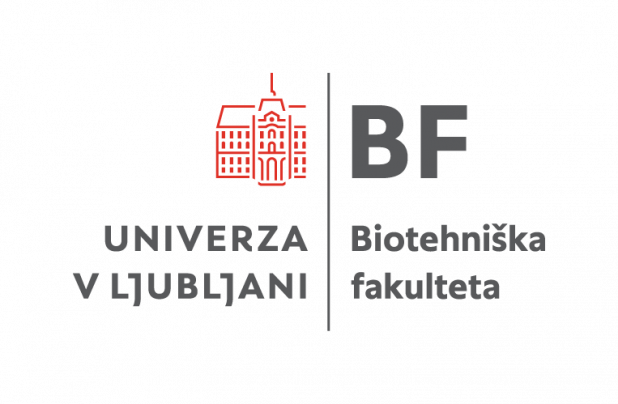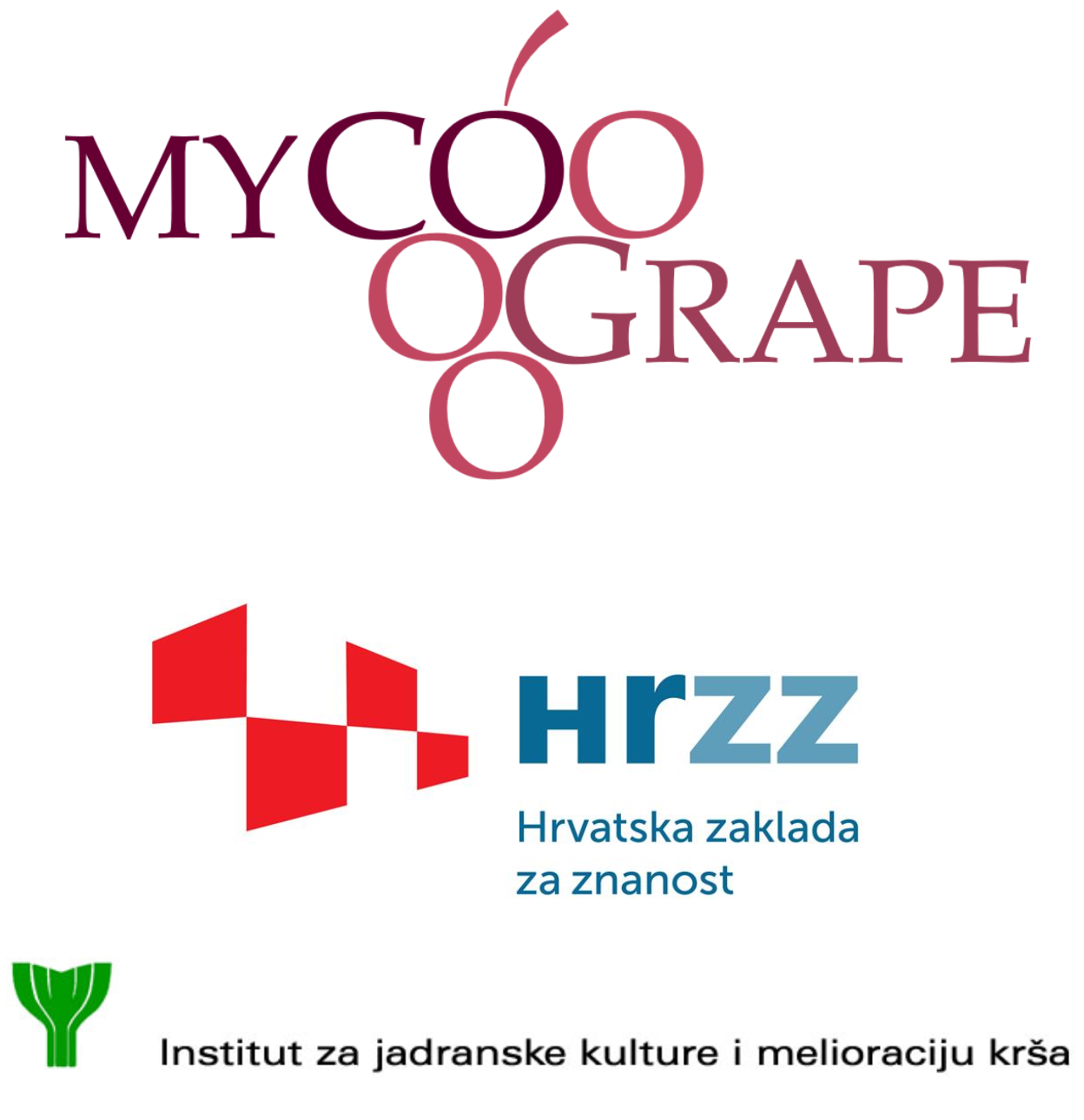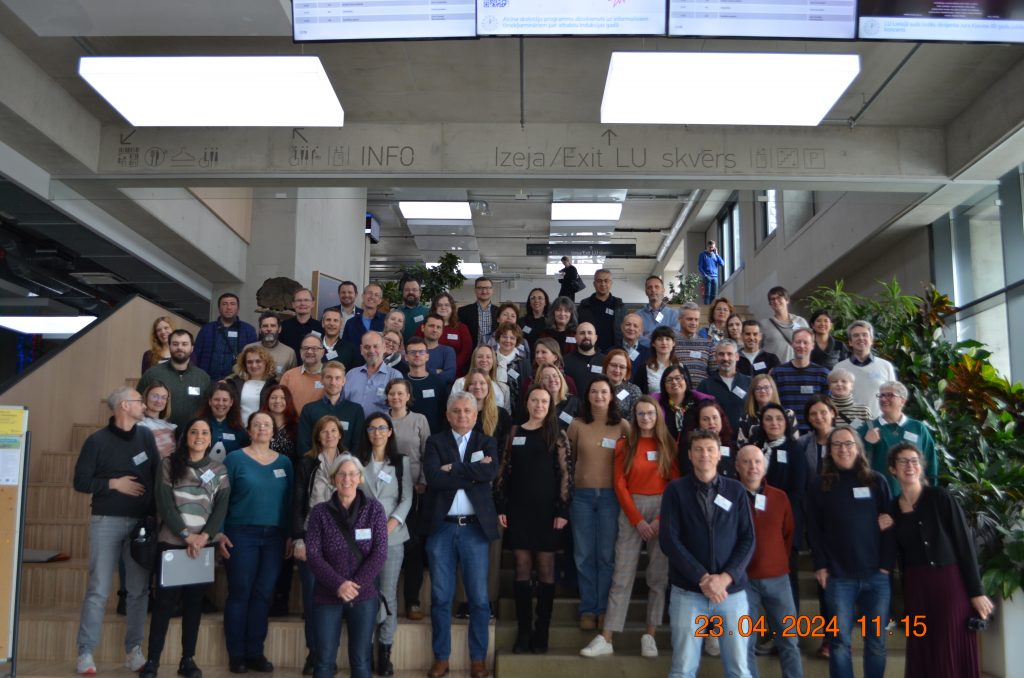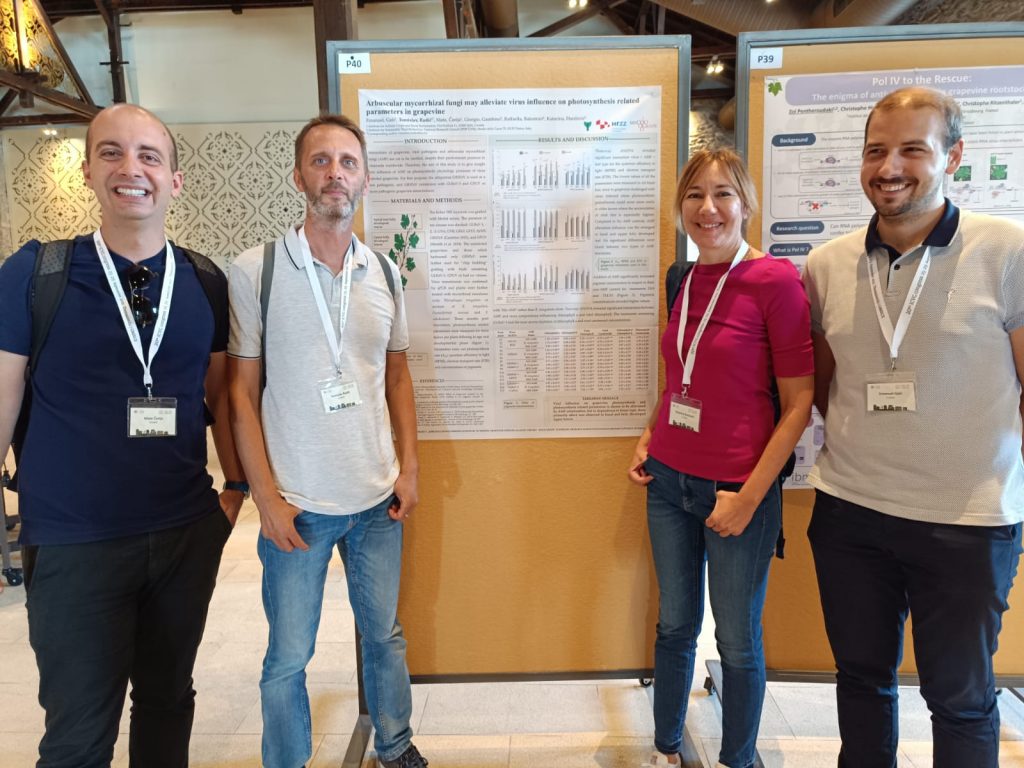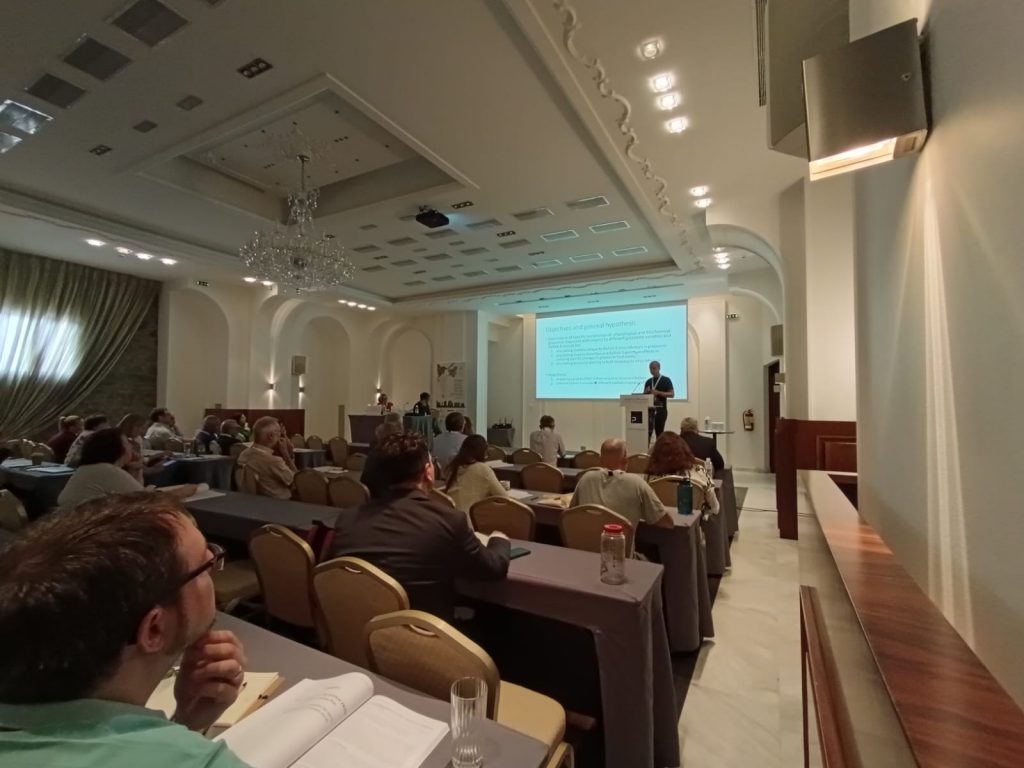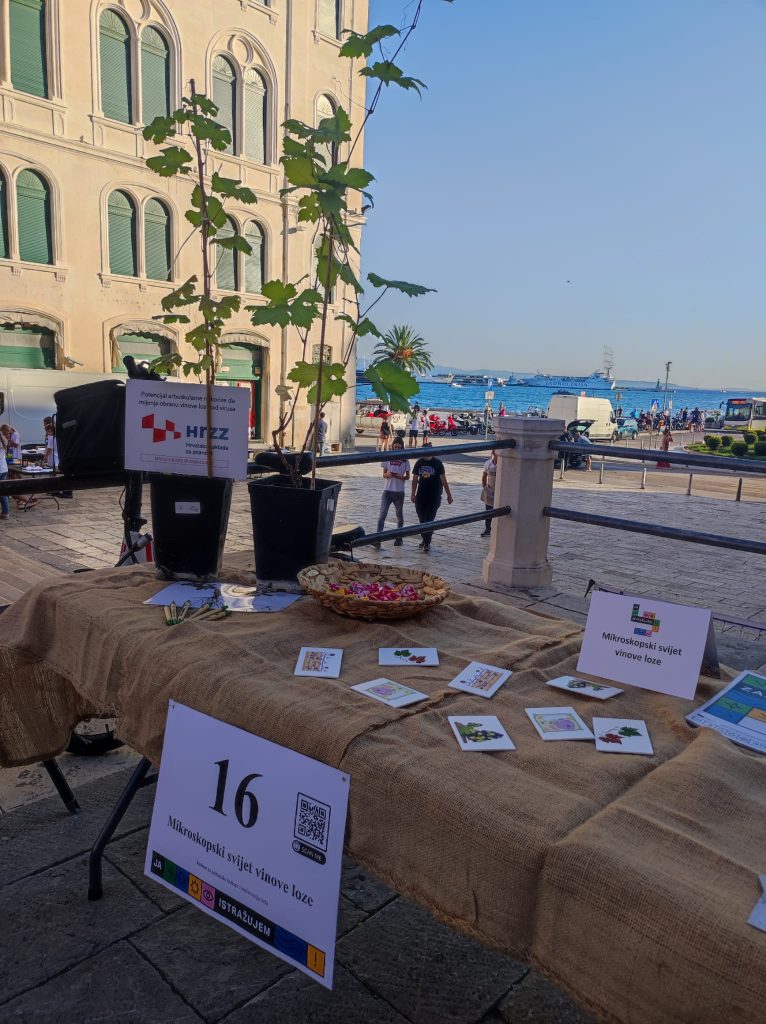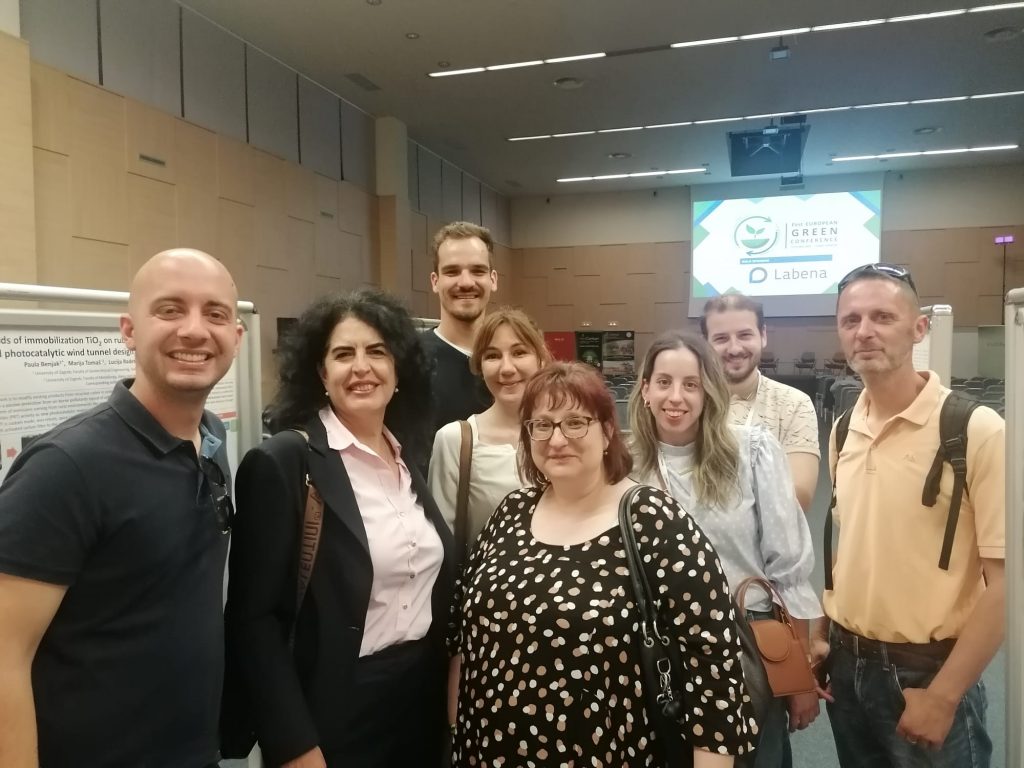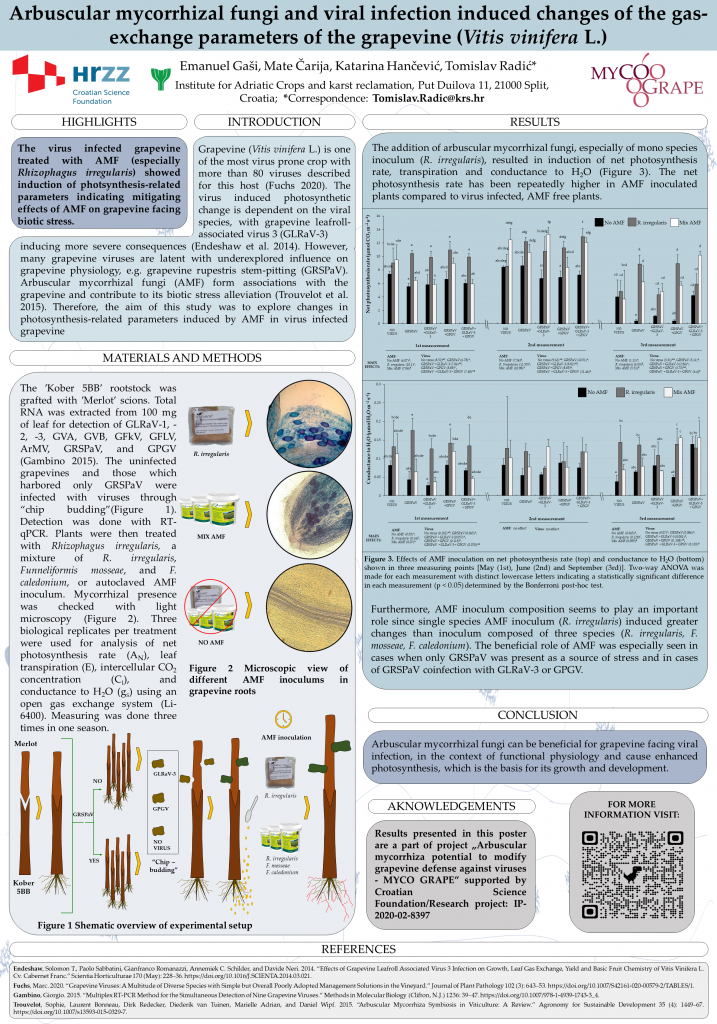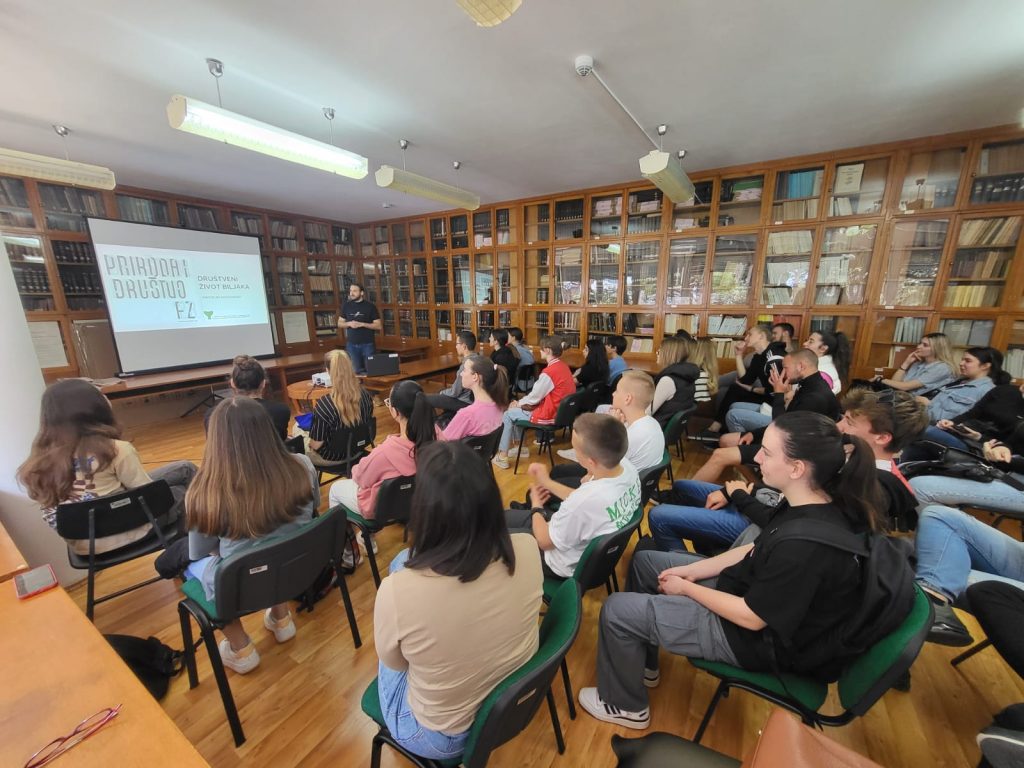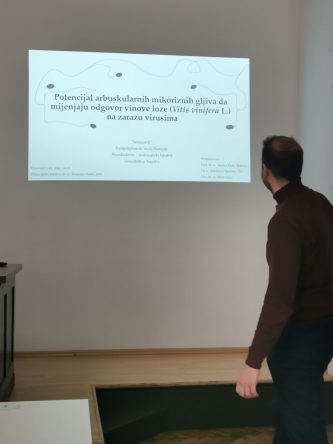Emanuel Gaši, PhD student from the Institute for Adriatic Crops and Karst Reclamation, Split, Croatia, has successfully attended a one – week training period on the data analysis and data interpretation, using open-source statistical analysis software R-Studio. The training took place from 20th May to 24th May 2024 at the Department of Biology, Biotechnical Faculty, University of Ljubljana, with guidance from professor Matevž Likar. This mobility was organized as a part of bilateral collaborative project “Grapevine, viruses and mycorrhizal fungi – analysis of the complex interplay”, led by Katarina Hančević, PhD, Croatian project coordinator, and Matevž Likar, PhD, Slovenian project coordinator. This bilateral project is funded through joined efforts from the Government of the Republic of Croatia and the Government of the Republic of Slovenia.
